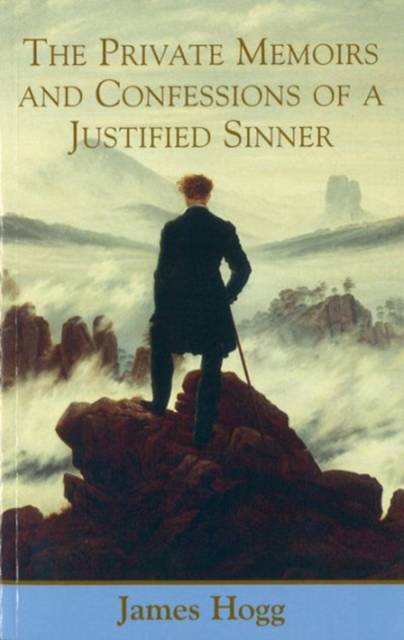
- Retrait gratuit dans votre magasin Club
- 7.000.000 titres dans notre catalogue
- Payer en toute sécurité
- Toujours un magasin près de chez vous
- Retrait gratuit dans votre magasin Club
- 7.000.0000 titres dans notre catalogue
- Payer en toute sécurité
- Toujours un magasin près de chez vous
Description
A TLS International Book of the Year(TLS, Dec 7, 2001)This now-famous book was given a hostile reception when it first appeared in 1824. It was not reprinted until the late 1830s, when a heavily bowdlerised version was included in a posthumous edition of Hogg's collected Tales and Sketches published by Blackie & Son of Glasgow. Thereafter Confessions of a Justified Sinner attracted little interest until the 1890s, when the unbowdlerised text was printed for the first time since the 1820s. However, the current high reputation of Hogg's novel did not fully begin to establish itself until 1947, when a warmly enthusiastic Introduction by André Gide appeared in a new edition of the unbowdlerised text. He went on to record how he had read 'this astounding book [...] with a stupefaction and admiration that increased at every page'. Many readers have subsequently shared Gide's enthusiasm, and Confessions of a Justified Sinner is now widely recognised as one of the outstanding British novels of the Romantic era. It has also been acclaimed as one of the defining texts of Scotland, with Iain Crichton Smith recently applauding 'a towering Scottish novel, one of the very greatest of all Scottish books'. Peter Garside's eagerly-awaited new Stirling / South Carolina edition (available in both hardback and paperback) excitingly opens out our understanding of Hogg's masterpiece. Its annotation adds very substantially to the contributions of previous editors, for example by showing various layers of hitherto undetected references. Through an impressive piece of scholarly detective-work, Garside has also uncovered the remarkable story of the first printing of the Justified Sinner and Hogg's battle with his London publishers, Longman, for his subversive and challenging novel to make its first appearance in a form he found satisfactory.This edition provides an illuminating and compelling new account of the genesis of Hogg's masterpiece, and of
Spécifications
Parties prenantes
- Auteur(s) :
- Editeur:
Contenu
- Nombre de pages :
- 384
- Langue:
- Anglais
- Collection :
Caractéristiques
- EAN:
- 9780748663156
- Date de parution :
- 30-05-02
- Format:
- Livre broché
- Format numérique:
- Trade paperback (VS)
- Dimensions :
- 138 mm x 217 mm
- Poids :
- 476 g

Les avis
Nous publions uniquement les avis qui respectent les conditions requises. Consultez nos conditions pour les avis.






